Established in 2000, the foundation distributed $3.6 billion in grants in 2013, in particular for global health and development, and had $42.3 billion in assets as of late 2014.
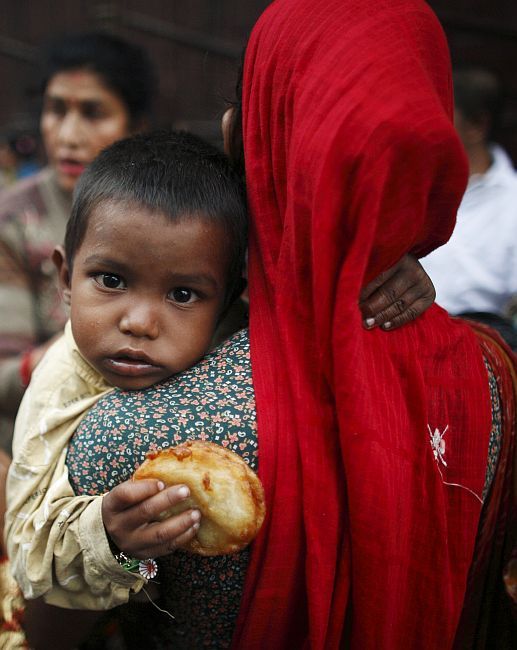
Worldwide child deaths will be halved over the next 15 years, polio, guinea worm and river blindness will be eradicated, and there will be a single-dose cure for malaria.
The predictions appear in the annual letter from the Bill & Melinda Gates Foundation, chaired by the Microsoft Corp co-founder and former chief executive and his wife.
Released on Thursday, the letter predicts a long list of breakthroughs in global health and development by 2030, including long-elusive milestones such as Africa being able to feed itself rather than depend on food imports.
However, none of this will be achieved easily.
"You need some breakthroughs," Melinda Gates said in an interview.
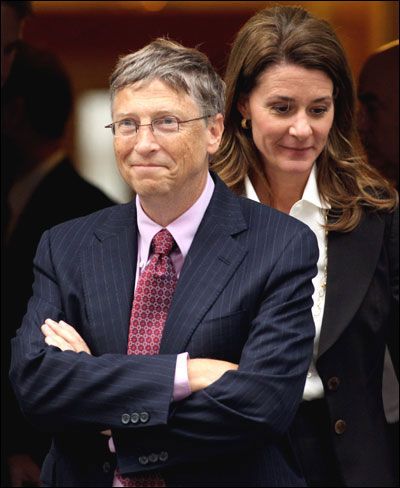
The world's wealthiest foundation had helped produce big advances before, including vaccines against the childhood killers rotavirus and pneumonia, making vaccines "our greatest success," Bill Gates said in the interview.
Established in 2000, the foundation distributed $3.6 billion in grants in 2013, in particular for global health and development, and had $42.3 billion in assets as of late 2014.
"We are doubling down on the bet we made 15 years ago, and picking ambitious goals for what's possible 15 years from now," they wrote.
"The lives of people in poor countries will improve faster in the next 15 years" than ever before.
In 1990, 10 per cent of the world's children died before age 5.
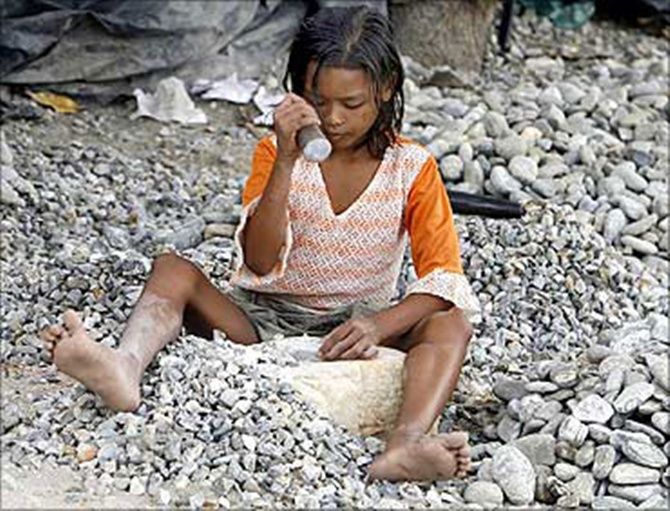
That number is now 5 per cent.
By 2030, only one in 40 will die that early thanks to healthier childcare practices such as breastfeeding, better sanitation and vaccines.
In the next 15 years, they believe farmers in Africa will have access to better fertilizer and to drought-and disease-resistant crops, allowing yields to double.
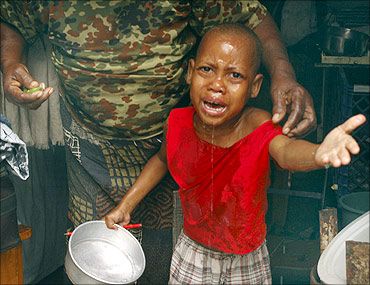
And donated drugs, such as those distributed free to 800 million people last year, can stop polio, elephantiasis and other scourges.
The foundation is also one of the largest donors to the World Health Organization, which has been slammed for a chaotic and belated response to West Africa's Ebola epidemic last year.
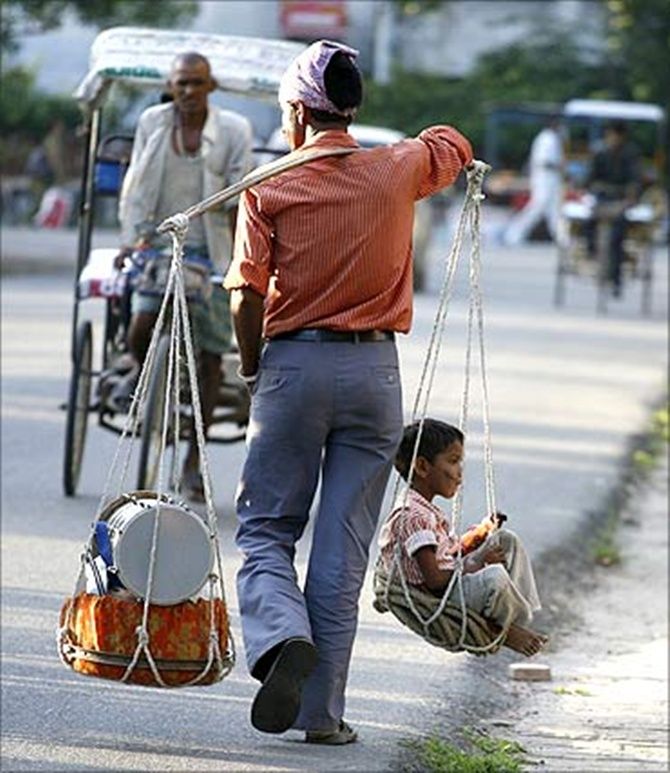
"We could have made this epidemic smaller," Bill Gates said. Aid group Doctors Without Borders "is the only one to come out of this with an A."
He said, however, that the WHO is doing a good job of being self-critical about its Ebola response.
"I hope we use this epidemic to learn for the next one, because there will be a next one," Gates added.












 © 2025
© 2025